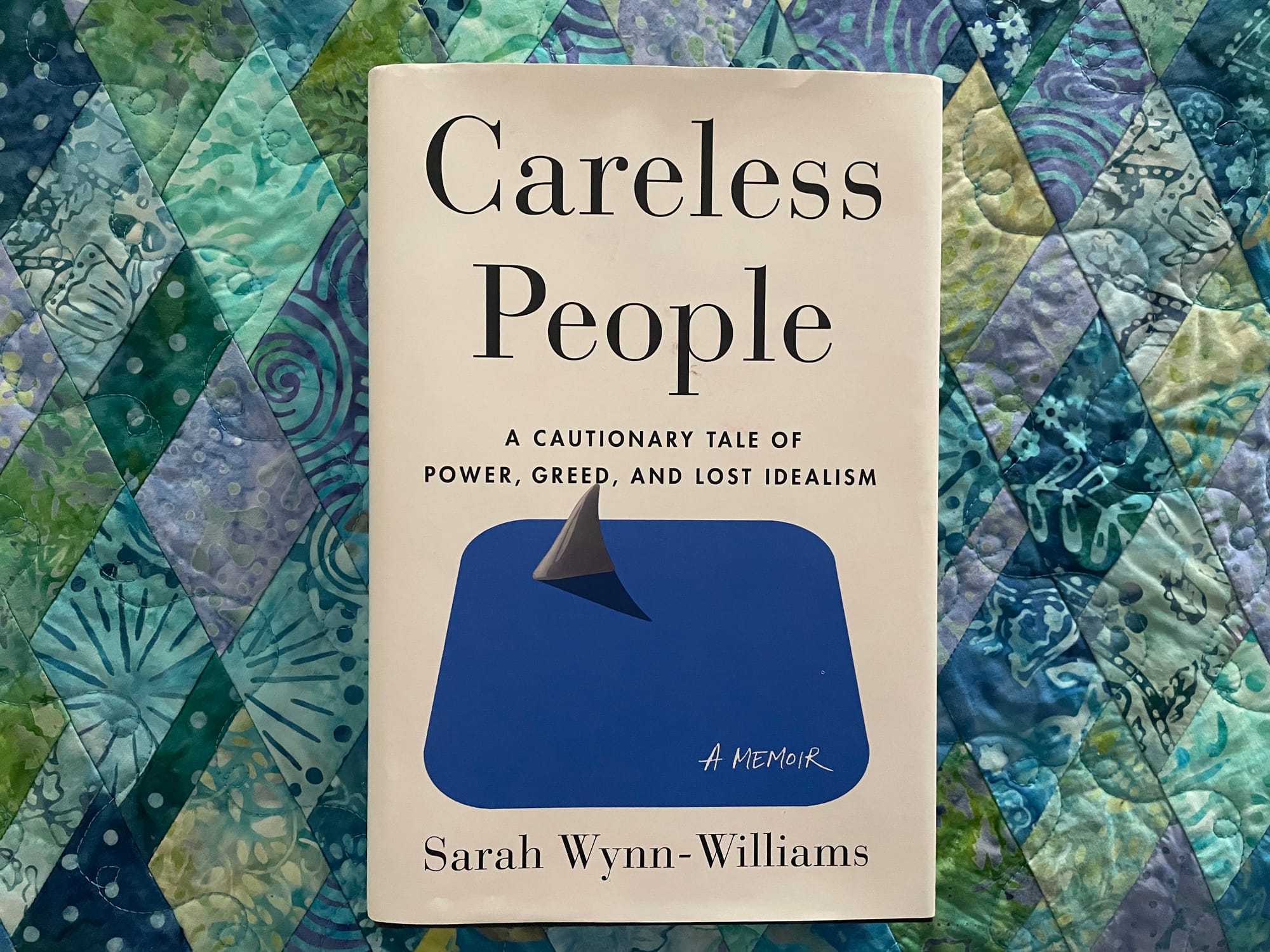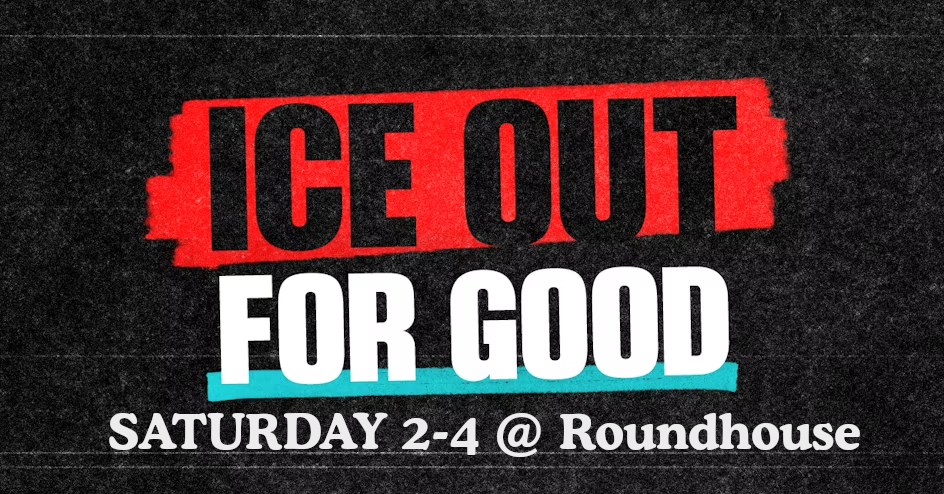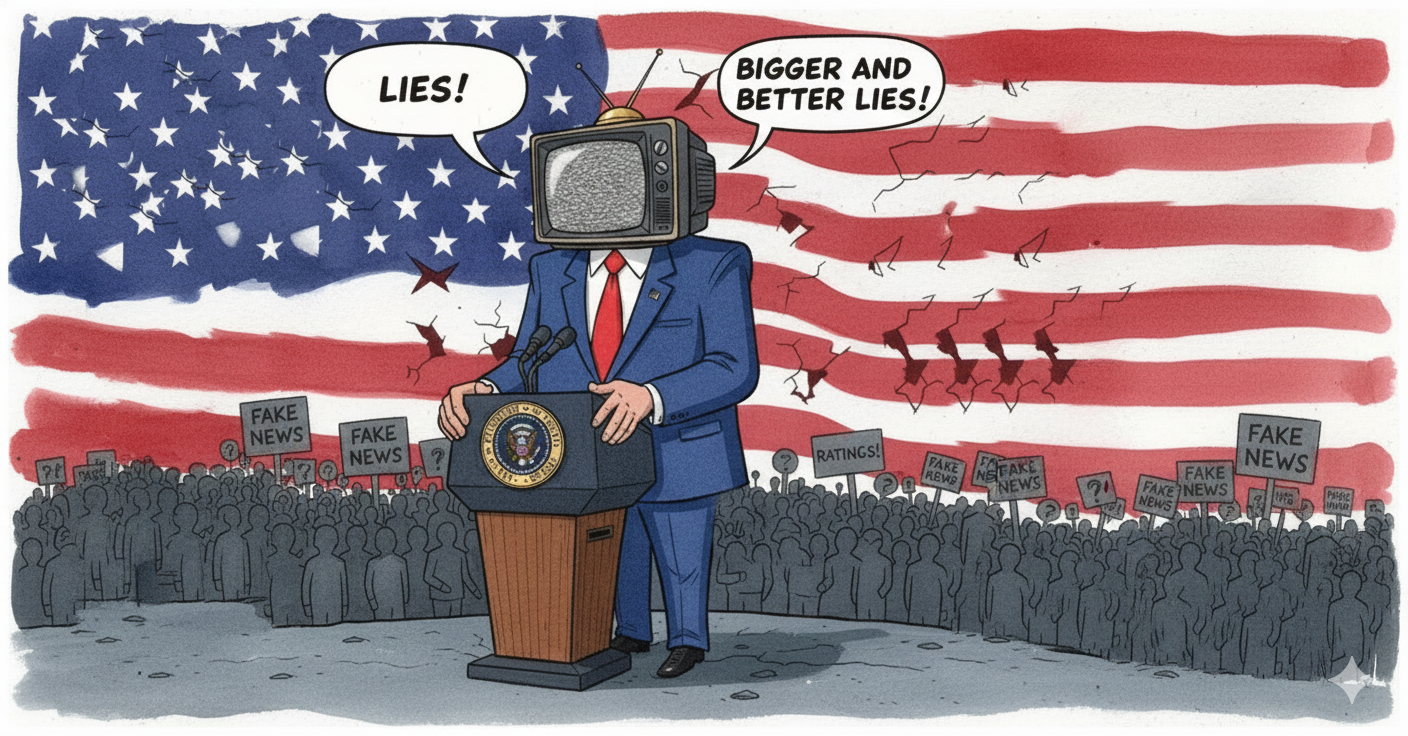Several years ago I did a talk show—live on Facebook!—with my university interns from different Asian countries. The topic was whether social media, including Facebook, overall did more harm or good. They were firmly on the side of good. I would love to have them read Careless People.
In her juicy and easy-to-read memoir, Sarah Wynn-Williams dishes on the higher-ups at Facebook, including Mark Zuckerberg. She exposes the sexual harassment she and other staff were subjected to and the company’s utter refusal to take any of the complaints seriously. Most importantly for those of us in Indivisible, she explains—perhaps the rest of you knew this, but it was news to me!—how Facebook employees were embedded in Trump’s first campaign, how the algorithms work to promote inflammatory posts (inflammatory ads even cost less), how much Facebook contributed to rape and genocide in Burma/Myanmar, and what evil things Facebook is doing in other countries, including China.
As Wynn-Williams writes, Facebook is “an astonishingly effective machine to turn people against each other. And monitor people at a scale that was never possible before. And manipulate them. It’s an incredibly valuable tool for the most autocratic, oppressive regimes…” This is a clear warning that is worth heeding.
The relatively smaller issues are, I confess, amusing. One of my personal favorite passages is her description of staff playing board games with Mark Zuckerberg on his private jet. The staff allow him to win. Wynn-Williams is disgusted. When she points it out, Mark is astonished at the idea and utterly unaware that it is happening. On another occasion, she refuses to play with him unless he allows her to play fairly. Twice, she beats him. Twice, he accuses her of cheating. That story, and various others about the pathetic nature of these extraordinarily powerful, privileged, out-of-touch billionaires, helps make the case why we should tax people highly enough that nobody can be so rich or wield so much power. Zuckerberg is no genius; he stumbled onto a good idea, ignored the incredible harm he was doing, and enjoys rolling around in his money and power. His other top executives are, at least according to Wynn-Williams’ account, similarly disgusting.
If we can believe the book, and the evidence certainly suggests that Wynn-Williams is right, then executives at Facebook are perfectly aware of the harm their product does and perfectly unconcerned. They could do vastly better at monitoring and banning hate speech. They could have genuine privacy protections, rather than just selling or giving data to authoritarian regimes. They could return to their original goal of connecting people. But they won’t.
Sarah Wynn-Williams does not offer suggestions of what activists can do about all this. Her job is to raise the alarm. We need to understand just how corrosive Facebook is, rather than view it simply as a time-wasting, mostly harmless source of amusement for young people.
Not having heard of the book before, I was also unaware of, and utterly unsurprised by, Meta’s attempt to stop it from being publicized (https://www.npr.org/2025/03/14/nx-s1-5318854/former-meta-executive-barred-from-discussing-criticism-of-the-company). Of course, that’s a stupid reaction on Meta’s part — people are more interested in books (and comedians!) that stir controversy.
Since I refuse to order anything from Amazon, one of the businesses that supports the regime, I picked up my copy at Collected Works. Is it worth reading? Much of the book is more about the author and her crazy experiences, unrelated to Facebook. If you only want the details about the company, you could skim most of it and skip the initial chapter about the shark attack. But again, in addition to warning us of the dangers of Facebook and how it is used to support authoritarian regimes and get despicable people elected, I think the book provides an important reminder of the danger of allowing people to amass enough money to become billionaires. In case we needed that warning!

















